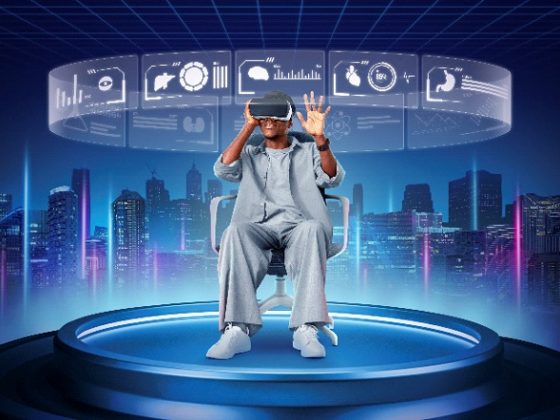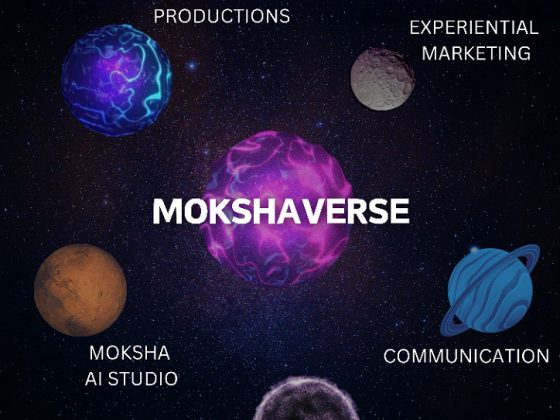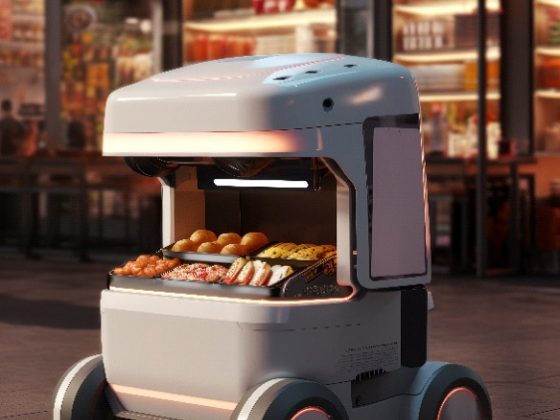Generative 3D Design: AI Crafting Tomorrow’s Fashion and FMCG Innovations
Imagine walking into a cutting-edge design studio where the lines between reality and innovation blur. The possibilities feel endless, and the future is unfolding right before our eyes. AI-powered generative 3D design tools are everyday evolving, transforming concepts into tangible creations that redefine fashion and FMCG industries. With the ability to leverage advanced AI systems, intelligent materials, and decentralized manufacturing, generative 3D design is revolutionizing the way products are created, fostering sustainability, personalization, and digital immersion like never before.
By 2030, the global market for generative design is projected to grow at an impressive compound annual growth rate (CAGR) of 19.2%, reaching $25 billion. This growth is fueled by the increasing use of AI tools, decentralized manufacturing, and growing consumer demand for hyper-personalized and sustainable products. Companies that adopt generative 3D design early are positioned to gain a 30% competitive edge by reducing waste and shortening product development cycles.
Over 80% of consumer purchases will be influenced by personalized products, and AI-powered generative platforms will take center stage. These platforms allow brands to design products that align with individual preferences, lifestyles, and needs, enhancing the customer experience. Deloitte forecasts that businesses offering personalized experiences will see a 15% revenue boost due to improved customer retention, with augmented and virtual reality interfaces at the core of this transformation.
But it’s not just about personalizing products; it’s about enhancing the entire shopping experience. Virtual try-ons, powered by generative design, are set to transform online retail into a fully Involving experience. These innovations are expected to reduce product returns by as much as 40%, creating a more efficient and satisfying process for both brands and customers. This shift in how consumers interact with brands deepens loyalty and provides companies with a significant competitive advantage.
By 2040, AI systems will enable zero-waste production, and designs will increasingly incorporate recyclable and biodegradable materials. McKinsey estimates that by 2028, 64% of global consumers will prioritize eco-conscious products. Brands that embrace these innovations now will reduce their environmental impact by up to 50% and position themselves to comply with stricter regulatory frameworks.
On the other hand, by 2035, virtual showrooms and metaverse spaces will dominate retail, with a market value exceeding $120 billion. In these digital spaces, AI-driven avatars and real-time design tools will facilitate effortless product customization, creating environments where consumer imagination meets reality. This shift will allow companies to cut operational costs by 20-30%, reducing the need for physical inventory and logistics while simultaneously increasing customer engagement through immersive, digital-first experiences.
Generative 3D design is transforming the product development cycle. AI tools are helping brands reduce lead times by analyzing global trend data and creating intricate patterns that speed up design and prototyping. In fashion, predictive AI models will optimize inventory planning, reducing overproduction by 50% and helping brands achieve their sustainability goals. FMCG companies are also benefiting from AI tools that help reduce material usage by 30% and enhance consumer engagement through interactive and sustainable packaging.
The rise of decentralized manufacturing is set to disrupt traditional supply chains by 2045. Localized production, powered by advanced 3D printers, will reduce global shipping emissions by 40% and cut manufacturing costs by up to 35%. This will allow businesses to respond quickly to market demands, creating a more agile production environment while also lowering their carbon footprint.
In the fashion industry, on-demand manufacturing, driven by generative design, will drastically reduce waste, optimizing the supply chain and making the industry more sustainable. FMCG companies will similarly benefit from innovations in packaging, with AI-driven solutions that reduce material usage while creating more engaging, eco-friendly experiences for consumers.
Looking ahead to 2035, generative 3D design is expected to account for 25% of all new product launches. The fashion and FMCG industries will lead the way in adopting these transformative technologies, gaining a competitive advantage by reducing costs, improving sustainability, and enhancing consumer engagement. As AI continues to play a pivotal role in product design, it will unlock new revenue streams, streamline production processes, and allow businesses to stay ahead in an increasingly competitive marketplace.
The future is here, and generative 3D design, powered by AI, is not only reshaping the way products are designed and produced, it’s redefining how brands interact with their customers, how sustainability is achieved, and how innovation can drive success in the retail and FMCG sectors. Companies that embrace this technology will be positioned for long-term success, as they harness the power of AI to create products and experiences that are more personalized, sustainable, and efficient than ever before.









